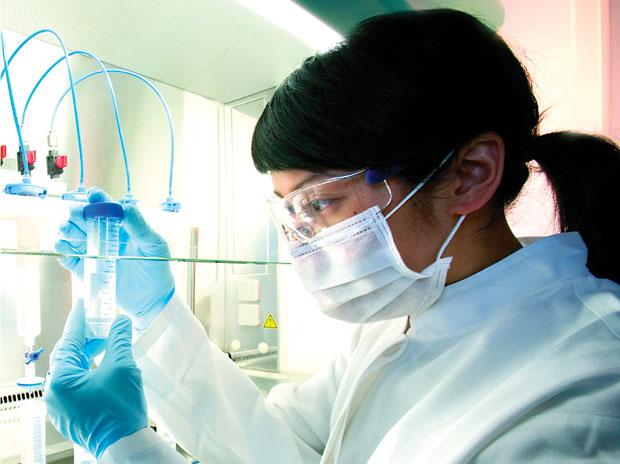hidden
Over 10 years experience of Traceability Solutions

By pharmatrax
Category: News
 No Comments
No Comments
USFDA observes major protocol lapses in aurobindo’s sterile drug unit
A few inspectional observations made by the US Food And Drug Administration (USFDA) on Aurobindo Pharma Ltd’s Unit-4 earlier this month appear to be quite serious and could have implications on the ongoing operations of the plant, which manufactures sterile injectables.
A five-member team of the US drug regulator had inspected Aurobindo’s Pashamailaram facility in Hyderabad between November 4 and 13 and issued Form 483 with as many as 14 observations critical of its functioning.
Though the company said that none of those observations were related to data integrity issues, the nature and findings of some point to issues that the USFDA has viewed very seriously in the past.
Since Form 483 contains inspectional observations that do not represent a final view of the agency, the companies are given a chance to submit their objections or responses, with a proper remedial plan within a stipulated time frame. A copy of Form 483 with 14 observations was reviewed by Business Standard.
In Observation 1, the inspection team stated that the procedures designed to prevent microbiological contamination of the drug purporting to be sterile did not include adequate validation of the aseptic and sterilization process.
The team has cited various details that led it to believe that the system and the procedures followed at the plant were not adequate to eliminate the chances of contamination during the actual manufacturing process of sterile injectables.
These media fill issues and contamination thereof were treated seriously by the US drug regulator and most of the key alerts issued by it in the past had similar issues, according to analysts.
The inspection team sees multiple issues involving the aseptic processes and protocols, which fall short in demonstrating the firm’s capability of producing sterile drug products in Unit 4. It would take a while for the company to address these aspects through remediation, they say.
The FDA team also noted that the aseptic processing areas remained deficient in systems for maintaining any equipment used to control aseptic conditions even after a corrective plan was initiated as a commitment by the company in response to an FDA 483 observation noted in December 2018.
The inspection team listed out other procedural issues in Unit 4. For instance, it has found instances where the company had not followed established test procedures related to sterility testing of ampules.
One of its observations also points to the company’s failure to review the unexplained discrepancies that occurred in the distribution of certain batches of injections about which the firm already received complaints about lack of effect.
“The following (–) injection batches associated with these complaints were distributed to the US market from November 2018 to November 2019,” the inspection team said while giving the details of the said batches of drugs. The FDA may even ask the company to recall some of these recently distributed batches following this observation.
While Aurobindo maintains that no data integrity issues figured in the Form 483 observations, industry analysts say Observations 8 and 9 do involve certain aspects of data integrity.
In Observation 8, the FDA inspection team revealed that the records of automatic, mechanical and electronic equipment, including computers or related systems, were not maintained by the company. Observation 9 states that the lab did not perform enough quality control check tests to ensure the analyst was performing the test analysis adequately on a consistent basis. “The establishment of specifications, standards, sampling plans, test procedures, and laboratory control mechanisms including any changes thereto, are not drafted by the appropriate organizational unit and reviewed and approved by the quality control unit,” it said.



